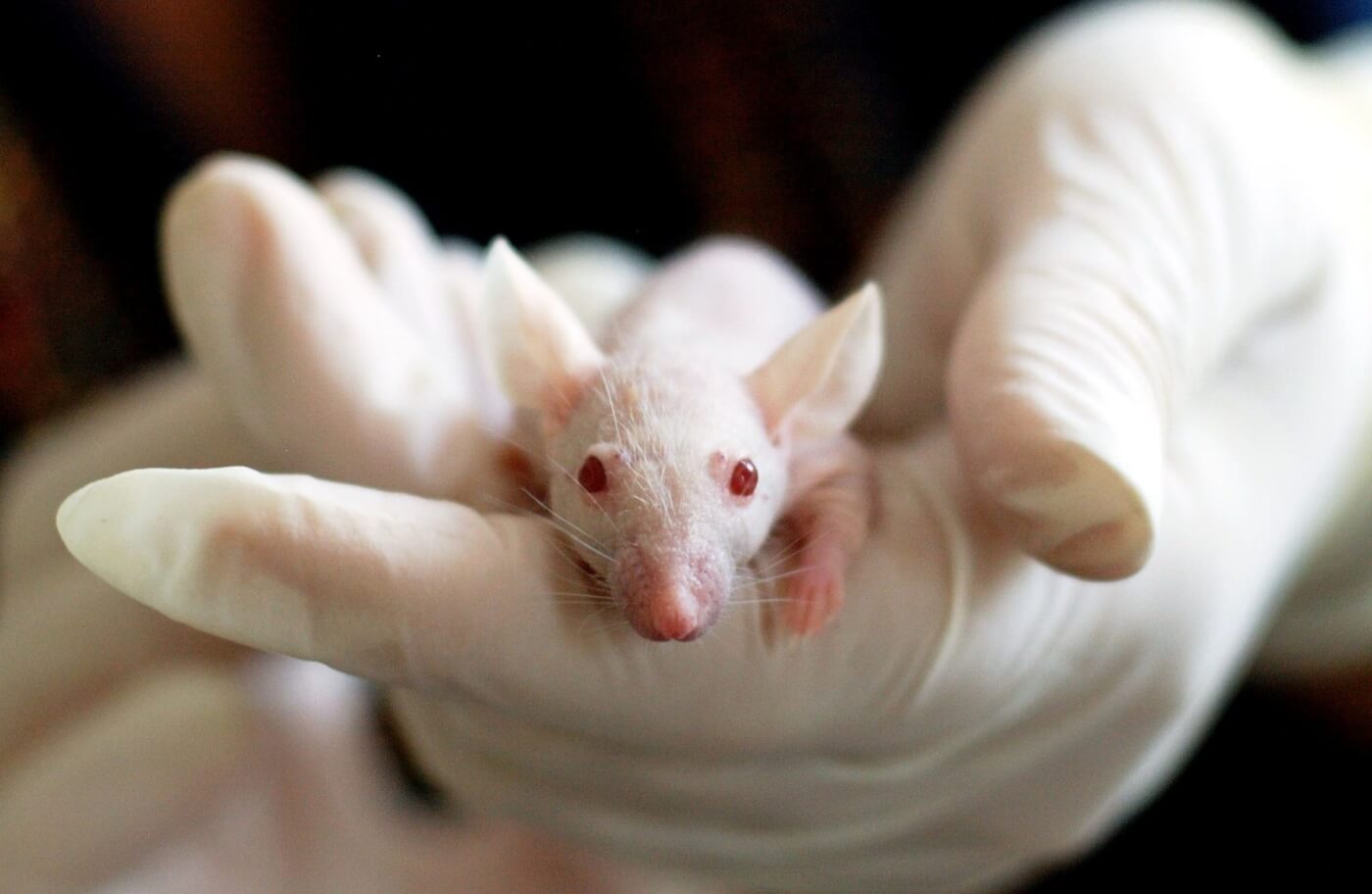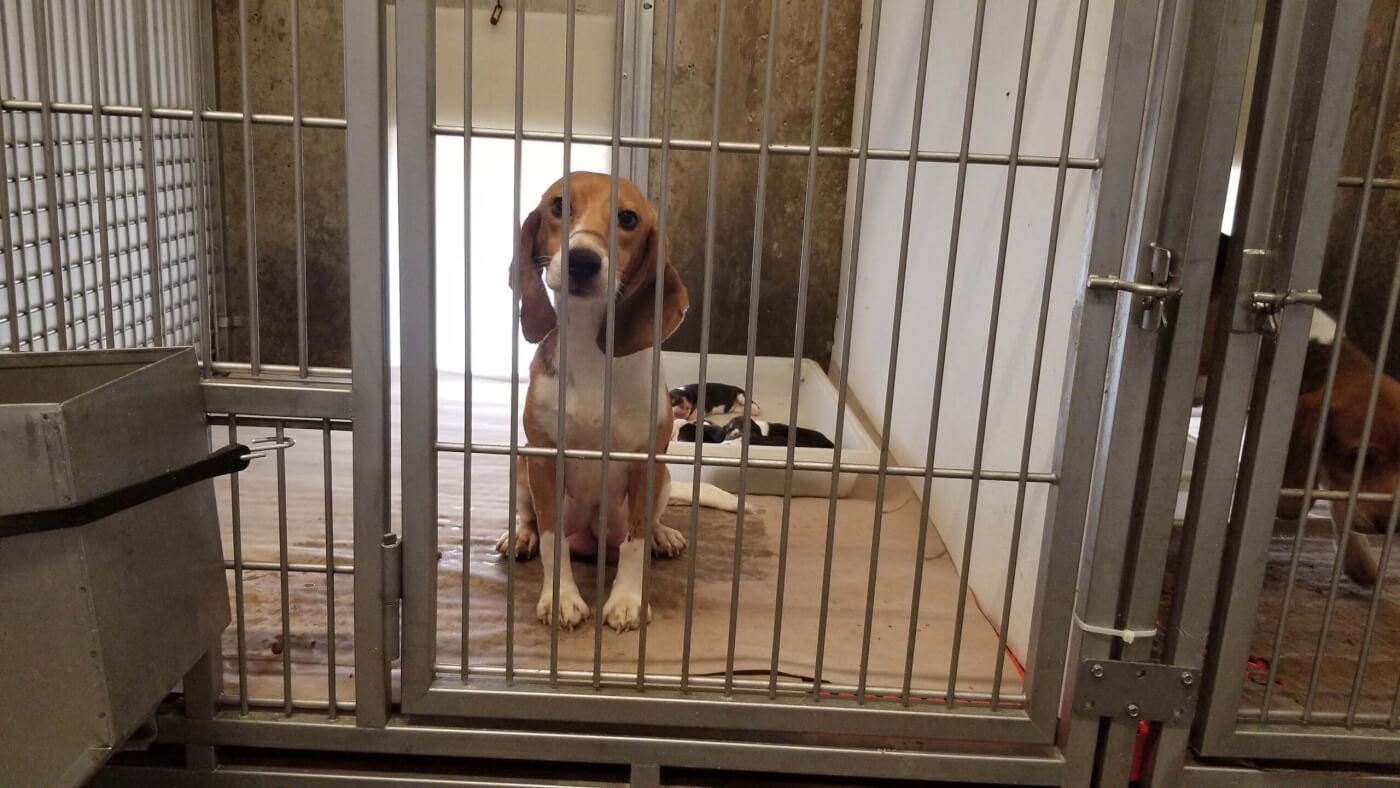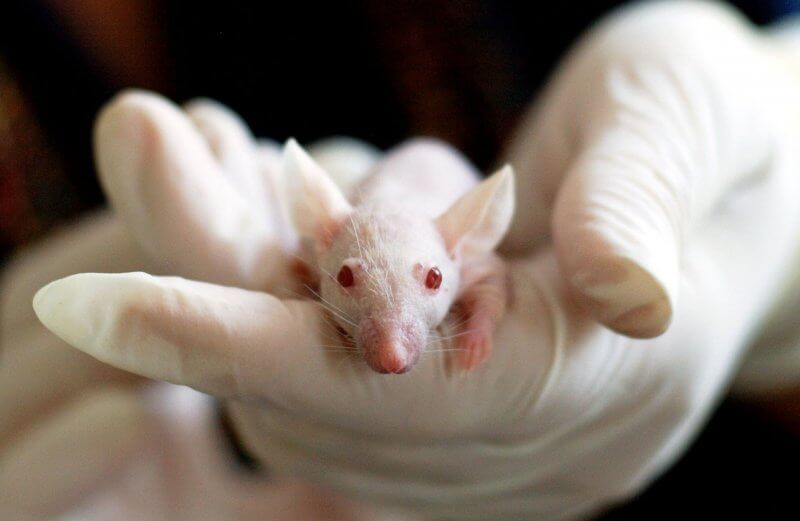
Hundreds of Scientists Learn How to Spare Animals Suffering in Painful Tests
Hundreds of scientists attended a series of webinars co-hosted by the PETA International Science Consortium Ltd. and Chemical Watch on non-animal testing methods and strategies that can be used to meet the EU’s Registration, Evaluation, Authorisation and Restriction of Chemicals (REACH) regulation requirements. The webinars can be viewed here.
REACH is the largest chemical testing programme of its kind – PETA estimates that by 2016, approximately 1 million animals had already been used in tests for REACH, and the death toll is still likely to rise considerably. The webinars in this series feature presentations by leading experts, who describe the non-animal methods that can be used to replace cruel animal tests such as the Draize test – in which chemicals are applied to rabbits’ skin or eyes – and skin allergy tests. One comprehensive webinar focuses on the use of in silico approaches – sophisticated computer models that can predict the toxicity of a chemical.
The webinars are an updated version of the Lush Prize–winning 2014–2015 series and will be of particular interest to industry toxicologists, those registering chemicals, REACH consultants, and companies that want to know more about available validated non-animal tests and the ways in which other companies are using them.
All the webinars in the series are either available to view online now or coming soon:
Perspectives on the Development, Evaluation, and Application of in Silico Approaches to Predicting Toxicity
Speakers: Grace Patlewicz (US Environmental Protection Agency) and Mark Cronin (Liverpool John Moores University)
Skin Irritation and Corrosion
Speakers: Gertrude-Emilia Costin (Institute for In Vitro Sciences) and Costanza Rovida (CAAT-Europe and TEAM Mastery)
Skin Sensitisation
Speakers: Susanne Kolle (BASF SE) and Silvia Casati (EURL ECVAM)
Eye Irritation and Corrosion
Speakers: Kim Norman (Burt’s Bees) and Els Adriaens (Ghent University)
Animals Are Suffering in Laboratories – Help Save Them Now



